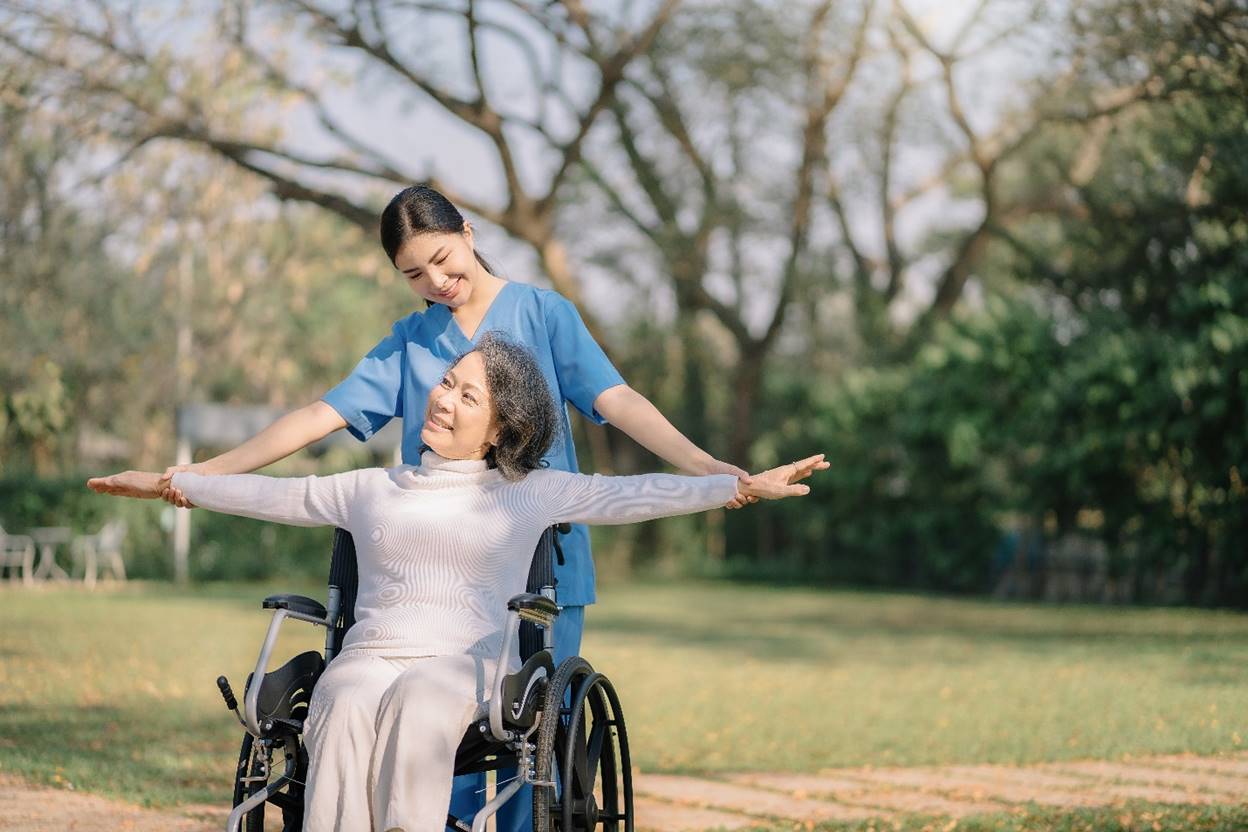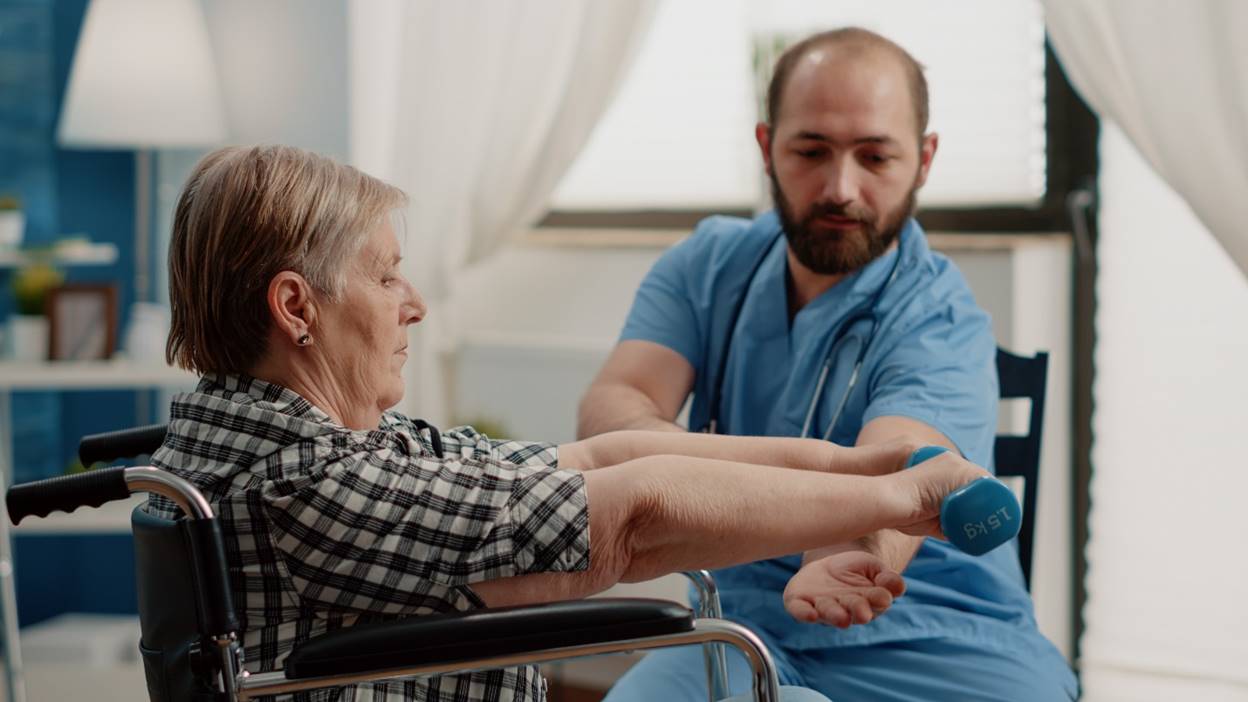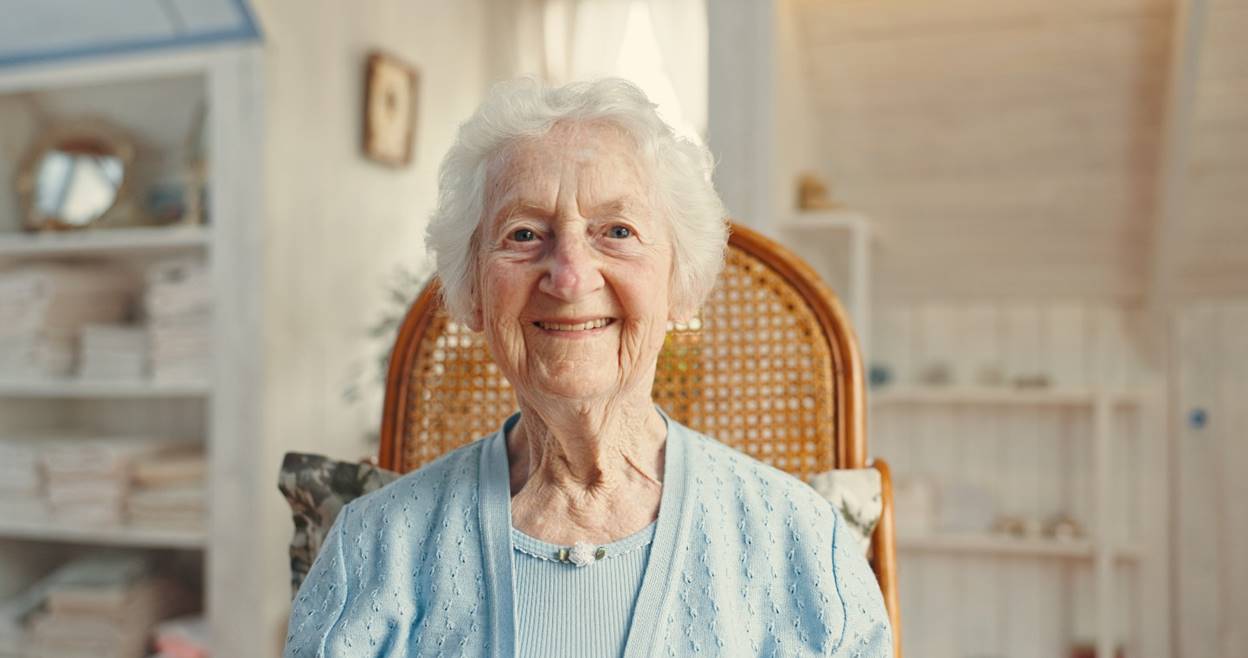Choosing the right care for an aging loved one is never easy. As everyday tasks become harder, families often face a tough decision: home care or assisted living. Each option offers distinct benefits. While quality home care services bring comfort and familiarity, assisted living provides community, safety, and social engagement. The best choice depends on your loved one’s needs, preferences, and health situation.
Understanding the key differences between in-home care and assisted living can make this emotional decision clearer and less overwhelming. From medication reminders to daily assistance, social opportunities to costs, each path offers a unique level of support. Whether you are exploring the best care senior services in Oakville or considering options elsewhere, it is important to weigh all factors carefully.
In this guide, we will walk you through the pros and cons of each option, helping you feel confident about choosing the best path for your loved one’s next chapter.
What is Home Care?
Home care is a flexible, personalized service that allows seniors to receive support in the comfort of their own homes. It can include help with daily tasks like bathing, dressing, meal preparation, medication reminders, and even companionship for the elderly to ease feelings of loneliness. For those needing medical support, home health care brings additional services like nursing, physical therapy, and wound care right to their doorstep.

Whether it is a few hours a week or round-the-clock care, quality home care services help seniors maintain independence in a familiar setting. The cost varies depending on the level of care, but it offers a comforting, tailored alternative to moving into a facility.
What is Assisted Living?
Assisted living is a housing option designed for older adults or individuals with disabilities who need support with daily activities, but still want to live as independently as possible. It offers a blend of personal care, community living, and access to medical support, all in a secure, comfortable environment.
Residents typically live in private apartments or rooms with access to shared spaces like lounges and dining areas. Trained staff are available 24/7 to help with tasks such as bathing, dressing, medication management, and meals. Some communities also offer social events, wellness programs, and memory care for those with dementia.

Assisted living is ideal for people who can no longer manage safely on their own and who do not need the intensive care of a nursing home. It is also a good option when family support is not enough to meet daily needs.
Some facilities are privately owned and offer flexible options for buying, renting, or shared ownership. Others are operated by local councils and may be available after a care assessment.
Whether you are exploring options for yourself or a loved one, assisted living offers a supportive middle ground, hence balancing freedom with care.
Benefits and Drawbacks of Home Care
Home care offers many advantages for seniors who wish to stay in familiar surroundings, but it also comes with some challenges. Understanding both sides can help you make an informed decision.
Benefits of Home Care
1. Familiar Comfort
Home care allows seniors to stay in the place they know best, i.e. their own home. Familiar surroundings can ease anxiety, especially for those with dementia or Alzheimer’s disease.
2. Personalized, One-on-One Care
Care is tailored to meet individual needs, offering personal attention that is not always possible in larger care settings. Caregivers can adapt routines and activities based on the senior’s lifestyle and preferences.
3. Flexibility
Schedules can be easily adjusted to fit the family’s daily routine, whether help is needed a few hours a week or full-time.
4. Family Involvement
Loved ones can stay closely involved in care, offering emotional support and companionship for the elderly without being overwhelmed by the full-time responsibility.
5. Companionship and Emotional Support
Caregivers often offer more than just help with daily activities. They provide much-needed companionship, helping to combat feelings of loneliness.
6. Pet Ownership
Seniors can keep their beloved pets at home, which adds comfort, companionship, and emotional health benefits.
Drawbacks of Home Care
1. Higher Costs for 24/7 Care
While home care may be affordable for part-time help, full-time or around-the-clock care can become more expensive than assisted living.
2. Limited Medical Resources
Most home caregivers can assist with basic healthcare needs, but they may not have access to the advanced medical equipment or on-site nurses found in assisted living facilities.
3. Risk of Caregiver Burnout
Even with hired help, family caregivers can feel overwhelmed balancing work, family, and caregiving duties.
4. Safety Concerns
Homes may need costly modifications like grab bars, stair lifts, or emergency alert systems to create a safe environment for seniors with mobility or cognitive issues.
5. Potential for Social Isolation
Without a community setting, seniors might face loneliness if their social needs are not actively met through family, friends, or caregiver interaction.
Benefits and Drawbacks of Assisted Living
Assisted living offers a supportive environment for seniors who need help with daily tasks but still want to maintain their independence. Before making a decision, it’s important to consider both the advantages and limitations.
Benefits of Assisted Living
1. 24/7 Care and Support
Assisted living communities provide round-the-clock access to trained staff, ensuring help is always available for personal care, medication management, or emergencies.
2. Social Life and Activities
Residents enjoy a vibrant community with access to social activities, outings, fitness classes, games, and hobby groups, helping to reduce loneliness and encourage friendships.
3. Safety and Security
Facilities are designed with seniors’ safety in mind, featuring emergency call systems, handrails, secure entrances, and on-site staff for added peace of mind.
4. Maintenance-Free Living
Housekeeping, laundry, home maintenance, and meals are all handled, allowing residents to focus on enjoying life rather than worrying about daily chores.
5. Access to Healthcare
While not as intensive as a nursing home, many communities offer on-site nurses, mobile healthcare services, and easy transportation to doctor’s appointments.
6. Peace of Mind for Families
Knowing their loved one is cared for in a safe environment offers families relief and the ability to enjoy more meaningful visits without the stress of caregiving.
Drawbacks of Assisted Living
1. Higher Costs
Assisted living can be expensive, especially for those needing specialized care or communities with luxury amenities. Costs typically cover housing, care, and activities but can add up quickly.
2. Emotional Adjustment
Leaving a familiar home and adjusting to a new environment can be emotionally challenging for some seniors, particularly those resistant to change.
3. Perceived Loss of Independence
Even with a focus on autonomy, some seniors may feel a loss of control over their daily lives, which can impact their overall happiness.
4. Limited Medical Care
While basic health support is available, those needing extensive or specialized medical care may require a skilled nursing facility instead.
| Feature | Assisted Living | In-Home Care |
| Cost | Assisted living communities in Canada typically cost between $3,000 and $7,000 per month (about $36,000 to $84,000 per year), depending on location, services, and level of care. Higher-end residences may cost even more. | In-home care is generally a more budget-friendly option. Depending on how much help is needed, families typically spend $10,000 to $20,000 a year for personalized support at home. |
| Help with Daily Activities (ADLs) | Support with daily activities like bathing, getting dressed, and personal hygiene is a key part of life in assisted living, offered as part of everyday care. | Help with ADLs at home is available but not automatic. It depends on the care plan and the caregiver’s training. |
| Medication Support | Trained staff in assisted living settings usually oversee medication schedules to make sure residents take the right doses at the right times. | Medication assistance at home often requires hiring a home health nurse. Some agencies include this service, and sometimes insurance covers it at no additional cost. |
| Meal Preparation | Residents enjoy regular meals and snacks prepared by kitchen staff, with menus designed around nutrition and dietary needs. | Home caregivers can prepare meals if needed, using groceries available at home. Some can also help with grocery shopping, usually for an added fee. |
| Transportation Help | Most assisted living communities offer scheduled transportation for medical visits, shopping, or outings to keep residents active and connected. | Transportation can be arranged through in-home care services, but it is often an optional service and might not be included by default. |
| Social and Recreational Activities | Assisted living facilities plan daily and weekly activities, like fitness classes, hobby groups, movie nights, and outings, to encourage social engagement. | With in-home care, recreational activities depend on the caregiver. Some may organize simple hobbies, walks, or games, but options can be more limited compared to community living. |
| Housekeeping Services | Regular housekeeping, like cleaning rooms, changing linens, and maintaining common areas, is usually included in the monthly fee. | Homemakers’ services and light housekeeping are often available through in-home care packages, but for deep cleaning or bigger tasks, extra help may need to be hired separately. |
Factors to Consider When Deciding Between Home Care and Assisted Living
Deciding between home care and assisted living is a big decision that depends on your loved one’s physical needs, emotional well-being, and financial situation. Here are a few key factors to guide you:

Level of Care Needed
If your loved one only needs help with everyday tasks or homemakers’ services like cooking, bathing, light housekeeping, or getting around, home care might be enough. But if they require regular medical support or supervision, assisted living can offer a safer, more structured environment.
Emotional and Social Well-Being
Think about your loved one’s social needs. Assisted living offers group activities and daily interaction, which can be great for those who feel isolated. On the other hand, if they are happier at home surrounded by familiar faces, home care may be the better choice.
Affordability
Home care is often more affordable for a few hours of support each day but can get expensive for 24/7 help. Assisted living typically has higher upfront costs but often includes meals, housekeeping, and activities, which may be more cost-effective for those needing ongoing care.
Family Involvement
If family members are nearby and available to help, home care in oakville might be manageable. However, caregiver burnout is real. Assisted living can ease this burden by handling daily care, allowing families to focus on emotional support.
Safety and Accessibility
Homes may need expensive modifications to be truly safe. Assisted living communities are already designed for safety, with features like emergency call systems, wheelchair access, and staff available around the clock.
Making the Right Choice for Your Loved One’s Care
Choosing between in-home care and assisted living is deeply personal. It depends on your loved one’s health, preferences, and how much support they need. At Quality Homemakers, we understand this decision can feel difficult and challenging. That is why we are here to walk you through your options with compassion and clarity.
Our in-home care services are designed to help older adults stay safe, independent, and comfortable, right where they feel most at home. Whether you are exploring care for the first time or reassessing what is best, we are just a call away. Let’s talk about what fits your family best. Reach out today at (289) 544-6187 to speak with someone who truly cares.

